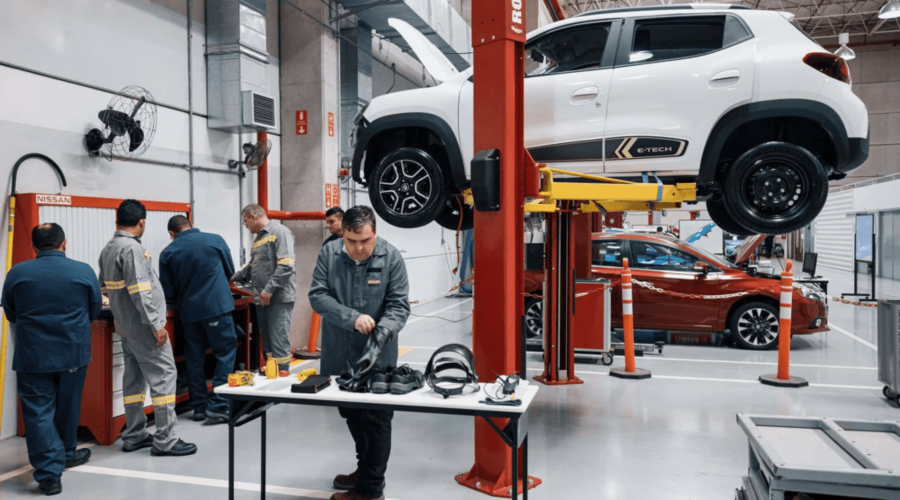The Brazilian automotive market is booming. The entry of Chinese brands such as BYD, coupled with rising demand for electric vehicles, opens the door to a potential paradigm shift: local battery production, a link that Brazil has yet to master.
With an incomplete production chain and developing infrastructure, the country appears poised on the brink of a transformation that, if realized, could position it as a regional leader in electromobility.
In this context, Vinicius Alvarenga, CEO of Companhia Brasileira de Lítio (CBL) and an executive at the Brazilian Electric Vehicle Association (ABVE), analyses the opportunities and challenges facing the Latin American giant in consolidating a local battery industry to support the growth of the electric market.
The impact of Chinese brands
According to the expert, the arrival of Chinese brands in Brazil is a true game changer.
“We view the growth of Chinese brands very positively. We believe this will encourage local battery production and help complete the production chain in Brazil,” he notes in a conversation with Mobility Portal Latinoamérica.
Chinese automakers are not only competing with more accessible prices and an attractive offering, but they also bring the potential to accelerate the establishment of local factories.
The case of BYD, which has already made strides in its expansion within the country by establishing a plant in Camaçari, illustrates this potential. However, the question remains: Is Brazil prepared to seize this opportunity, or will it continue to rely on imports?
Batteries: local production vs export
In the case of CBL, which produces the key chemicals needed for batteries—lithium carbonate and battery-grade lithium hydroxide—the reality is that all the material is exported.
“It’s a shame there is still no demand in Brazil for local production. We export all the battery materials,” laments Alvarenga.
Despite having the resources, Brazil has yet to maximize its capacity for battery production. The issue is not a lack of technology or raw materials, but rather the limited local demand and the structural challenges the country faces.
Infrastructure: a bottleneck
One of the major obstacles still hindering the growth of electric mobility in the Latin American country is the charging infrastructure.
At this point, the executive explains: “For those living in metropolitan areas, electric cars make sense, but in rural or more remote areas, it’s very difficult.”
The scarcity of chargers leads consumers to opt for plug-in hybrid vehicles, a temporary solution in a country where distances play a key role.
While the advancement of Chinese brands could incentivize improvements in this situation, Alvarenga was decisive in stating that “there’s still time” before the charging infrastructure meets market needs.
Energy storage: strategic players?
The entrepreneur also mentions the potential of large energy storage systems as a possible solution to the disparity in electricity distribution, particularly in more remote areas of the country.
However, he emphasizes that there are still no policies promoting the use of this technology, which hinders its widespread adoption.
The role of public policy
For Alvarenga, there is no doubt that the growth of electromobility in Brazil is linked to the implementation of public policies that incentivize both infrastructure development and the adoption of electric vehicles.
“Electric mobility in Brazil needs state policies to encourage the development of charging infrastructure and the purchase of electric vehicles,” he stresses.
Without a regulatory framework that favours the expansion of charging points and stimulates local battery production, Brazil will continue to be halfway through its transition to zero emissions.
However, it may not be long before this gains momentum. Notably, the programme launched by President Lula da Silva, called MoVer, aims to promote investments in energy efficiency, reduce taxes for those who pollute less, and provide fiscal incentives for companies to invest in the country.






